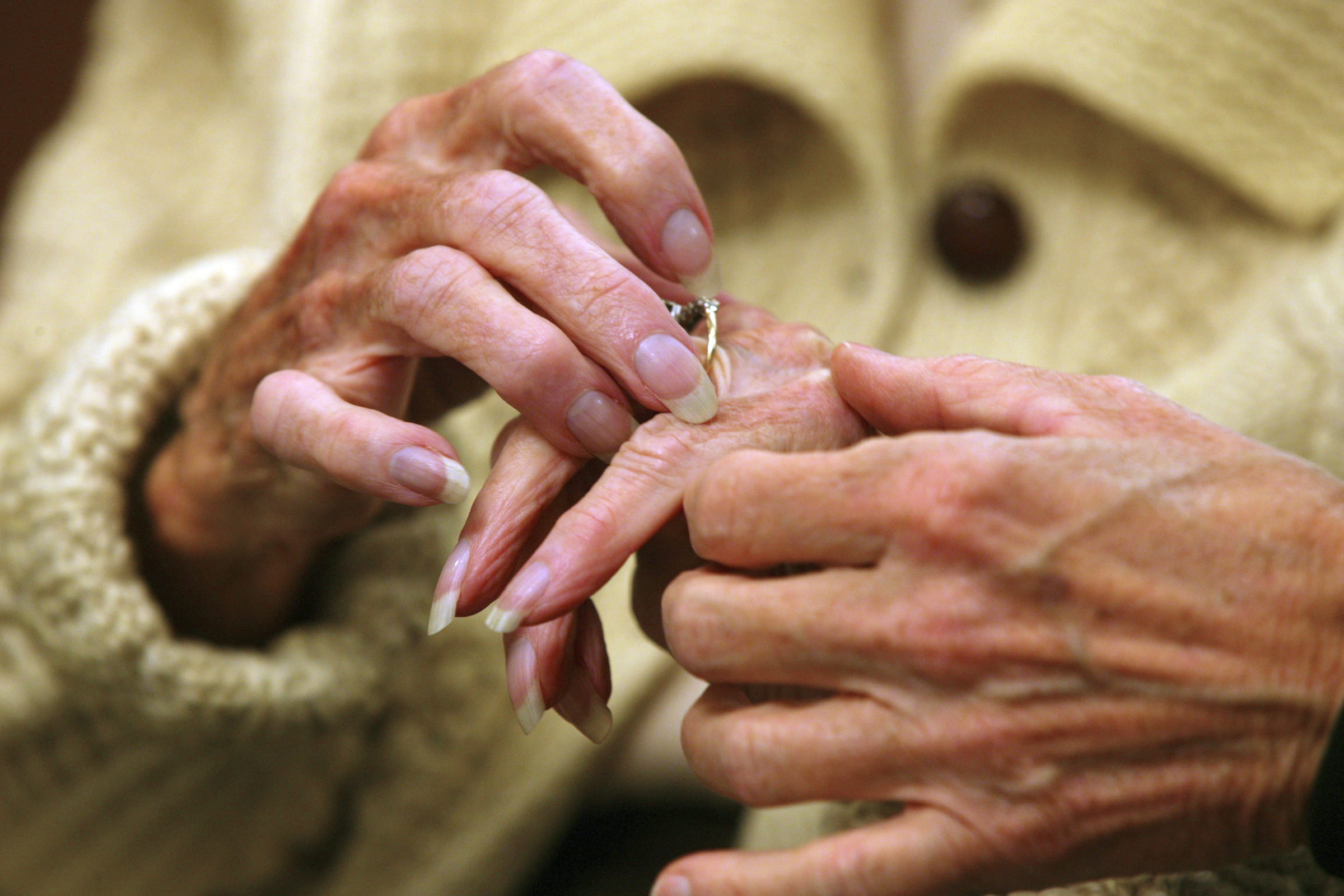Holiday visits can reveal decline in aging relatives
Not all holiday surprises are happy ones. People visiting aging relatives this time of year may discover mounds of unpaid bills, odd solicitations and unkempt surroundings – all possible evidence of a decline in physical or mental function, says Dr. Laura Mosqueda, director of UC Irvine’s geriatrics program.

Not all holiday surprises are happy ones. People visiting aging relatives this time of year may discover mounds of unpaid bills, odd solicitations and unkempt surroundings – all possible evidence of a decline in physical or mental function, says Dr. Laura Mosqueda, director of UC Irvine’s geriatrics program.
“You’ll hear, ‘It shocked me when Mom drove on the wrong side of the road. I knew she was having problems, but I didn’t realize how bad it was,’” says Mosqueda, director of UC Irvine Medical Center’s SeniorHealth Center in Orange. “Or they’ll find out that a caregiver is ingratiating themselves, or that another family member is abusing them.”
More than 2 million elderly Americans are abused each year and about two-thirds of the abusers are relatives, according to the National Aging Resource Center on Elder Abuse. For each case of abuse, another 14 are believed to go unreported.
To raise awareness, UCI’s Center of Excellence on Elder Abuse & Neglect has assembled a fact sheet describing what to look for and what to do when you suspect neglect, abuse or a worsening of an older relative’s health. Written by the center’s co-director, Mary Twomey, the fact sheet offers a checklist to assess whether aging relatives are having difficulty caring for themselves. If neglect or abuse are suspected, contact the center or Orange County Adult Protective Services.
It is inescapable that with age, we become more vulnerable to victimization because of changes in the body’s physical, cognitive and emotional domains, Mosqueda says.
“I don’t mean older adults are wimps, they’re not,” she adds, but they may be reluctant to admit to a bad situation, fearing that they could “prematurely or inappropriately lose their autonomy.”
With nuclear families spread around the globe, having an elderly parent or relative live with or near you isn’t always the solution. “Sometimes older adults really want to stay in their homes, with their friends and support systems,” Mosqueda says. “Not everybody has a warm, fuzzy relationship with their parents.”
When aging relatives do need help with such intimate activities as bathing and toileting, Mosqueda advises close monitoring of caregivers. People in the early stages of dementia-related illnesses may find their judgment so clouded that they become easy marks for con artists.
Loneliness and depression also are common among seniors and can create an emotional vulnerability that Mosqueda says is “like having a big target on your back.”
In the meantime, spreading a little holiday cheer can mean a lot. “We know the holidays are a difficult time for many elderly people, and a lonely time for those who’ve lost a spouse or partner,” says Dr. Lisa Gibbs, a geriatrician at the SeniorHealth Center. “We’re always mindful of checking in with our patients to see how they’re doing, especially during this season.”